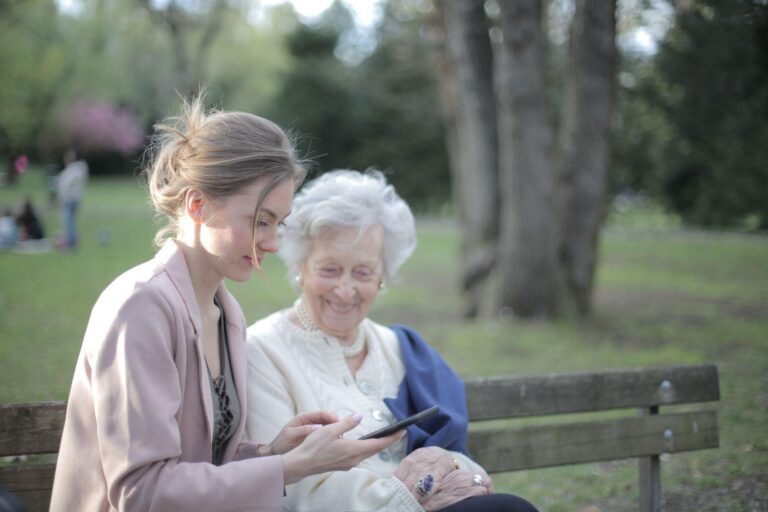November 2019 is Palliative and Hospice Care Month

Annually in November, Palliative & Hospice Care services are recognized for the vital work done for those in need of symptom management and comfort care. Appreciation and recognition of the unique professionals dedicated to controlling symptoms and providing end-of-life care helps spread awareness. November is a perfect time for individuals of all ages to discuss their end-of-life preferences and wishes, with loved ones and physicians. Take the time to formalize, complete, or update Advance Directive forms, since your wishes may have changed. Do not forget that those previously identified to take on the management of your care and affairs, may no longer be available or capable of assuming the role. New healthcare surrogate and financial power of attorney may need to be named. Consider sharing your preferences and wishes at Thanksgiving with family and friends, providing the opportunity to share your desires and address expressed concerns or anxieties.
Advance Directive Consideration
There are many resources available to help you get started in identifying and expressing your wishes. In reality, for most people, it is not something that can be done over coffee. A bit of soul searching and reflection on how you viewed the experiences of friends and family that have gone through the dying process. Think about what you thought went well, and what made you uncomfortable. How you formulate your individual Advance Directive will be shaped by many aspects including your culture, values, experiences, religion, relationships, and environment.
Advance Directive Resources
- Conversation Starter Kit a resource that is available in multiple languages includes a version for those with Alzheimer’s/dementia and those with a seriously ill child. These resources are from the Institute for Healthcare Improvement (IHI).
- Death Over Dinner that helps you plan a dinner party to articulate end-of-life preferences. “The dinner table is the most forgiving place for difficult conversation. The ritual of breaking bread creates warmth and connection, and puts us in touch with our humanity.” The site has a number of versions including an Australian, Jewish and Brazilian edition.
- Five Wishes is a complete approach to discussing and documenting your care and comfort choices. It’s about connecting families, communicating with healthcare providers, and showing your community what it means to care for one another.
- Cake an interactive end-of-life planning website that helps people plan ahead for healthcare, legal, funeral, and legacy decisions. A checklist guides users to create and/or upload important documents (like POLST) that express their final wishes. Users can share secure access to their end-of-life plan with anyone who has an email address. Cake’s mission is to empower everyone to receive end-of-life care that aligns with their values and wishes.
Aging in Place
As you address your Advance Care Planning wishes, remember that aging in place may be part of your plan.
- Consider is your current home going to meet your needs or will modifications be necessary?
- Can the expressed wishes be honored in your current home environment?
- Will you in need of home modification as your condition or your loved one’s condition changes?
- If there are anticipated condition changes, what will need to happen so that you or your loved one can remain at home?
- Have you taken the measures to reduce clutter and minimize trip and fall hazards?
The American Occupational Therapy Association has many resources to help you find the appropriate entity to assist you aging safely at home. In Raleigh, NC consider the services of Designing Independence, they bring clinical expertise to focus on your particular aging in place needs.

